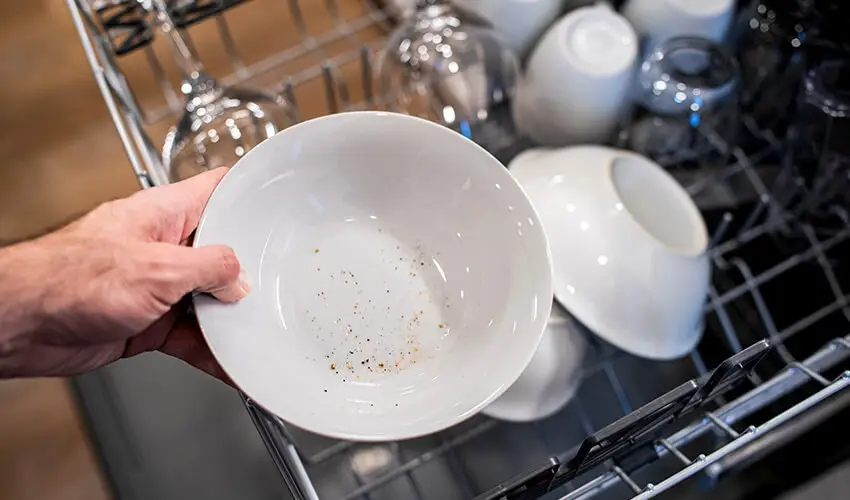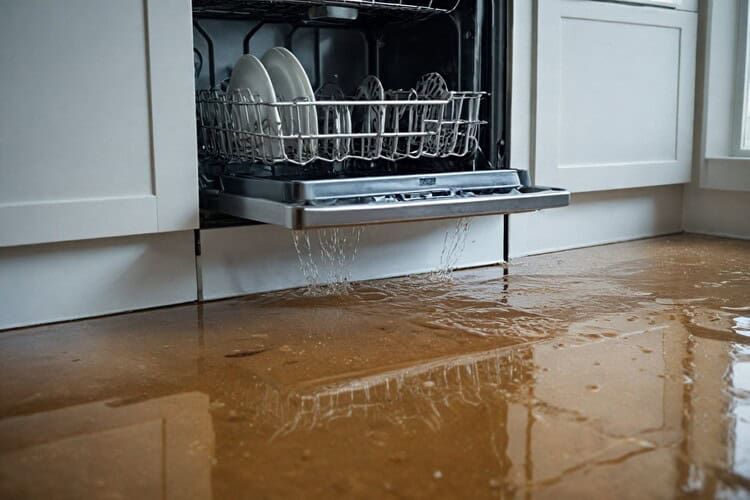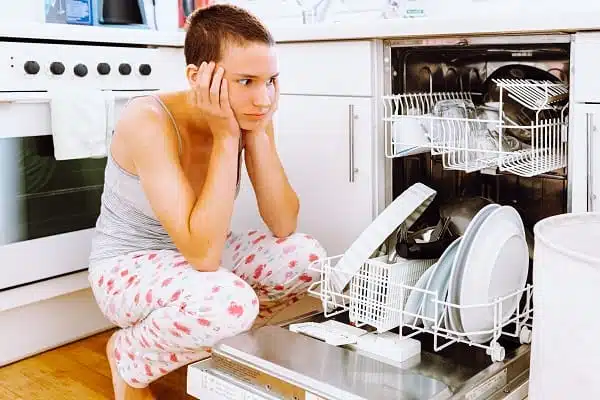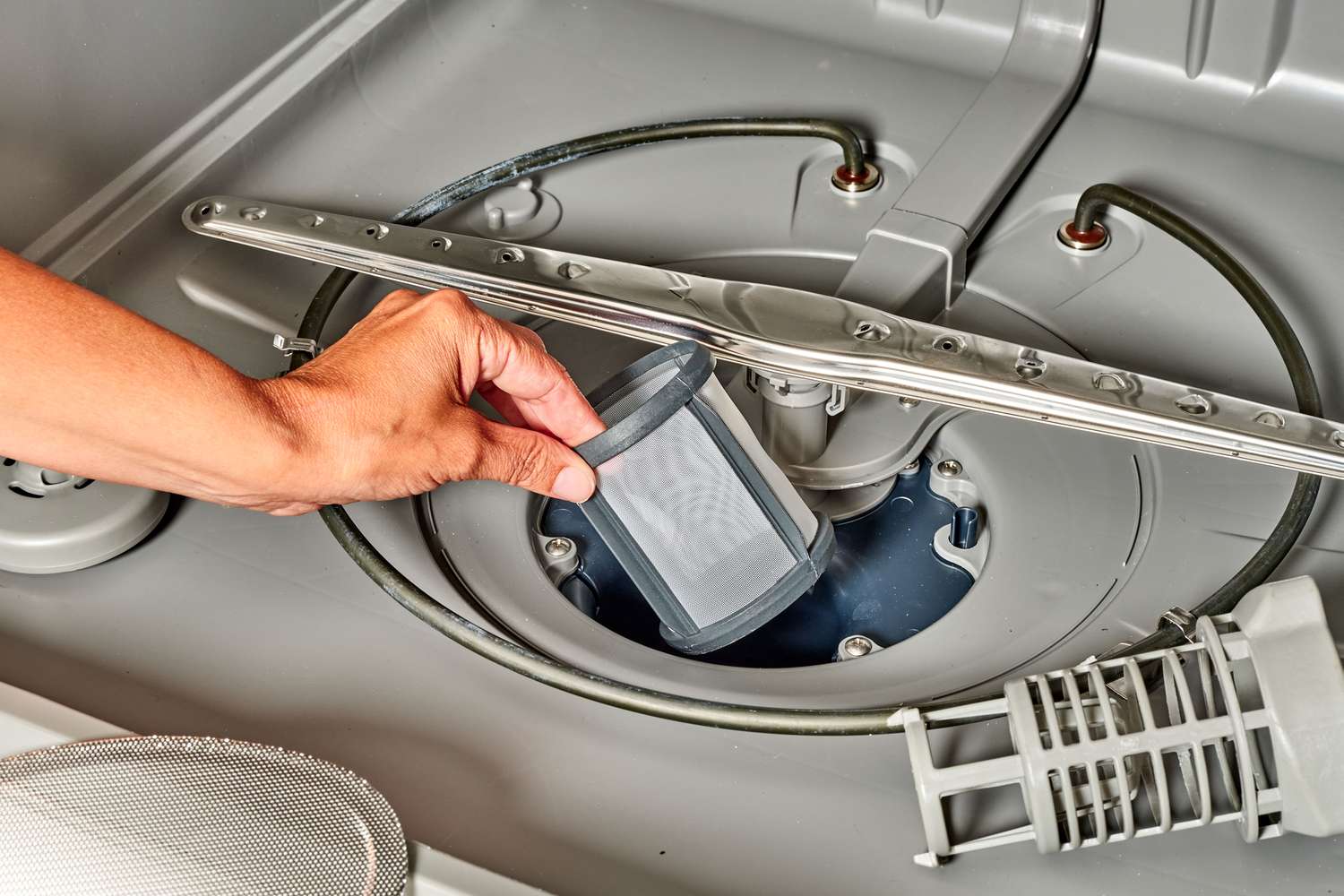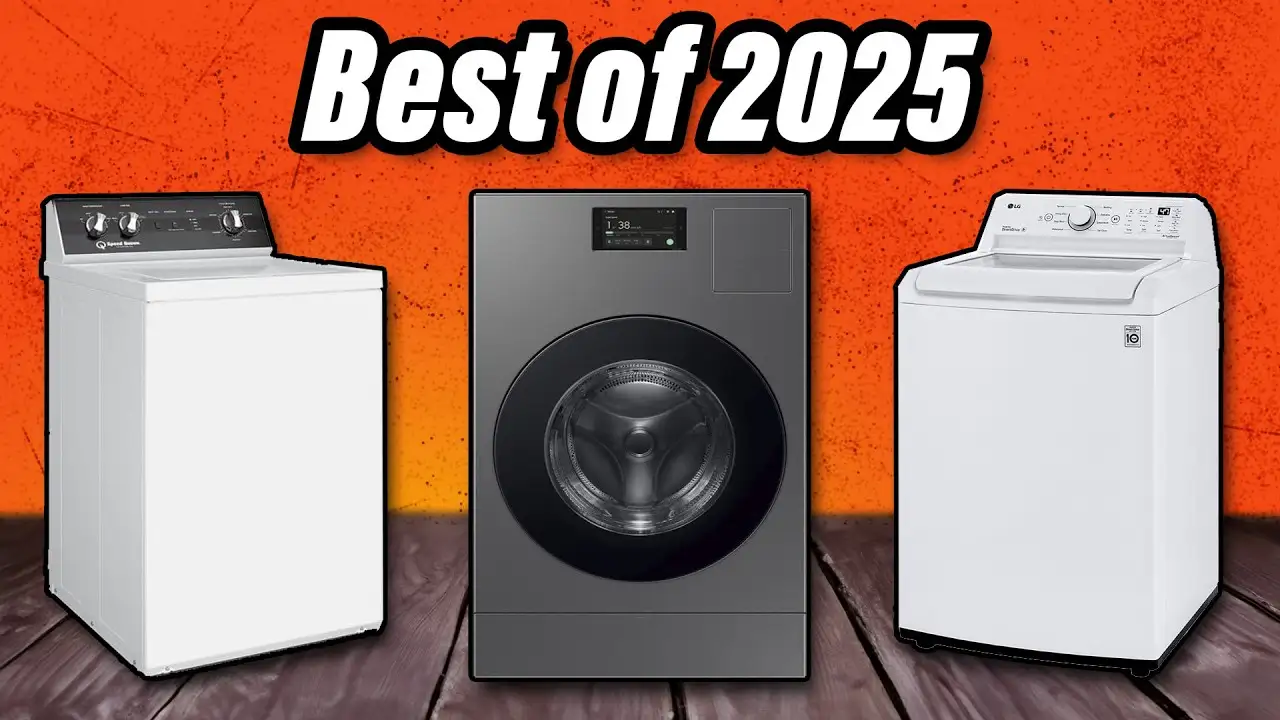Should You Fix or Replace Your Dishwasher?
When your dishwasher starts to isolate, you could think about whether it would be more reasonable to override or fix it. Whether to override or fix an appliance depends upon its age, kind of issue, and cost of fixing. The objectives of this post are to walk you through the most well-known dishwasher issues, make sense of when maintenance could be the best line of activity, and show you when now is the right time to gain another dishwasher.
Common Dishwasher Problems and What They Mean
However they are a day to day comfort, dishwashers can break like some other appliance. Knowing the most common issues helps you choose if a replacement or repair would be more sensible.
Dishes Not Coming Out Clean
A dishwasher that leaves your dishes grimy even after a full cycle is among the most widely recognized issues. Many things could lead to this issue, including:
-
Clogged Spray Arms: Dishwasher shower arms are liable for spurting water onto the plates all through the wash cycle. Food particles or mineral accumulation blocks these arms, thereby preventing water from reaching every surface of the dishes.
-
Dirty Filters: Food particles are gathered by the dishwasher filter, which, if not routinely cleaned, can block and impede water flow.
-
Improper Loading: Sometimes the dishwasher's filling technique is the issue, not its running state. If the dishes clog the spray arms or fill the dishwasher, the water cannot sufficiently clean them.
Solution: To address this, clean the spray arms and filter. You could also check that your dishwasher is loaded correctly and make any required adjustments to ensure that water comes across every dish. If the trouble persist, the pump or motor might be malfunctioning.
Dishwasher Leaking Water
One can view a dishwashing spill as awkward and problematic. Leaks have several causes, including:
-
Faulty Door Seal: The door seal's goal is to prevent water from leaking while the machine is running. With time, it could decay and lose potency.
-
Water Inlet Valve Problems: If the water admission valve neglects to seal appropriately, puddles will be fostered around your dishwasher permitting water to spill during activity.
-
Clogged Drain Hose: A clogged drain pipe could cause the dishwasher to leak or overflow.
Solution: Look for door seal wear or cracks. Replace the seal as necessary. If the leak comes from the hose or water input valve, you might have to call a specialist to fix it.
Strange Noises During Operation
Strange noises from your dishwasher—such as whining, buzzing, or grinding—may point to a problem. Common reasons include the following:
-
Debris in the Pump: Grinding sounds in the pump could come from little food particles or trash getting caught in there.
-
Worn Motor or Pump: The motor or pump may create whining or rattling noises as it strains to run.
Solution: Clear the pump area, then look inside the dishwasher for any obvious trash. If the channel misses the mark, water could gather at the lower piece of your dishwasher, in this way holding you back from finishing a wash cycle.
Dishwasher Not Draining Properly
If the channel comes up short, water could assemble at the lower part of your dishwasher, in this way keeping you from completing a wash cycle. Among such causes are some:
-
Clogged Drain Hose: If food particles, oil, or mineral collection block the channel pipe, the dishwasher can't deplete.
-
Malfunctioning Drain Pump: A broken channel siphon implies the dishwasher will not have the option to kill water adequately.
Solution: Clean any dirt and check the drain pipe for blockages. If the pump proves to be faulty, replacement may be required, and ask for professional help.
Error Codes on Modern Dishwashers
Many modern dishwashers show fault codes in their built-in diagnostic systems when something goes wrong. These codes might indicate several different problems, including:
-
Water Supply Issues: Error codes may point to a water input valve problem.
-
Heating Element Problems: Possibly the reason for numerous codes is the heating element, which warms the water all during the wash cycle.
-
Door Latch Malfunctions: Broken door latching can cause the dishwasher not to start.
Solution: See your user manual to help you understand the problem codes and do troubleshooting. A specialist can often help with more complex error codes requiring certain knowledge to be fixed.
When Should You Repair Your Dishwasher?
In spite of the fact that supplanting a dishwasher could be pursued, there are a few times when it checks out to fix one. In the following situation, repair could be the best line of action:
Simple and Affordable Repairs
Some problems are simple and don't call for a complete replacement. These usually cheap fixes will help your dishwasher to be working once more:
-
Clogged Spray Arms: Clearing the spray arms is usually an easy fix.
-
Loose Door Seals: Changing a worn-out seal is a low-cost, basic remedy.
-
Faulty Wiring: Reconnecting a loose or detached cable might be simple occasionally.
Age of the Dishwasher: Under 10 Years
Assuming your dishwasher is under a decade old, it is typically worth having it fixed particularly in the event that the issue is minor. Present-day dishwashers are intended to endure, consequently it very well may be less exorbitant to fix individual pieces than to supplant the entire appliance.
Warranty Considerations
Assuming that your dishwasher is as yet covered under guarantee, fixing it normally is the most financially savvy line of activity. On account of guarantee inclusion, which can assist with decreasing work and part costs, fixes could be less exorbitant than hardware substitution.
When Should You Replace Your Dishwasher?
Sometimes it would be better to replace your dishwasher than keep repairs in progress. Replacement makes sense in the following situation:
Frequent or Costly Repairs
On the off chance that your dishwasher separates frequently or on the other hand on the off chance that fixes cost the greater part however much another one, supplanting it very well may be all the more monetarily reasonable. Supplant an old, problematic machine to begin long haul cost decreases.
Energy and Water Efficiency of New Models
These dishwashers polish off definitely less water and power than additional customary models. Changing your old dishwasher for a more contemporary, naturally cordial model could assist you with cutting your service bills. Since they run less water per cycle, present-day dishwashers are all the more naturally harmless.
Age of the Dishwasher: Over 10 Years
If your dishwasher is more than ten years old, it could be close to the end of its useful life. At this point, it could be more difficult to find components and further maintenance might not be financially wise. More dependable and better running are newer dishwashers.
Environmental Advantages of Upgrading
Changing to a new dishwasher will benefit the surroundings. More modern models feature elements meant to cut water and energy use, therefore lowering your carbon footprint. If sustainability is your top concern, then it makes logical to replace a piece of old, energy-intensive equipment with a new, efficient model.
Cost Comparison: Repair vs. Replace
Often the decisive issue whether to replace or fix is cost. The following breaks down the usual expenses for both choices:
Common Dishwasher Repair Costs
The kind of issue and the components that need to be changed define the dishwasher repair's cost. Some usual repair expenses are as follows:
-
Door Seal Replacement: $50 to $150
-
Spray Arm Replacement: $100 to $200
-
Drain Pump Replacement: $200 to $350
The service provider and your area will affect the prices; these are only approximations.
Average Cost of a New Dishwasher
The brand, features, and model all influence the price of a new dishwasher purchased. Among the typical pricing ranges are as follows:
-
Budget Models: $250 to $600
-
Mid-Range Models: $600 to $1,000
-
High-End Models: $1,000 to $2,000+ In addition to the cost of the dishwasher itself, installation costs typically range from $100 to $300.
Contact Us for Dishwasher Repair or Replacement
In the event that you are still not certain if to supplant or fix your dishwasher, RightFix is here to help. Our learned specialists are prepared to track down the issues with your dishwasher and propose the most reasonable answer for your necessities. Whether you wish to supplant or fix your appliance, we give proficient adjusting guaranteeing it is running at greatest execution.
Why Choose RightFix?
-
Expert diagnostics of your dishwasher's problems
-
Honest and frank recommendations grounded on your needs
-
Dependable and fairly cost replacement or repair services informed experts with several years of experience
-
Simple timetables and fast responses
Reach out to us right now for a discussion or administration; we will improve on the decision interaction for you!
Conclusion
Among the elements in choosing whether to supplant or fix your dishwasher are fixed costs, the age of the appliance, and the recurrence of breakdowns. In the event that the issue is minor and your dishwasher is still fairly new, fixing is much of the time the best line of activity. Then again, moving up to a more up-to-date, energy-effective dishwasher can expand execution and set aside your cash after some time on the off chance that yours is outdated, insufficient, or continuously separating. Looking at your specific circumstances counseling experts will assist you with settling on the best decision for your home.
Location we Service
- Ajax
- Alliston
- Aurora
- Bolton
- Bradford
- Brampton
- Brantford
- Burlington
- Caledon
- Cambridge
- Concord
- East York
- Etobicoke
- Georgetown
- GTA
- Guelph
- Halton Hills
- Hamilton
- Innisfil
- Keswick
- King City
- Kitchener
- Kleinburg
- Maple
- Markham
- Milton
- Mississauga
- New Tecumseth
- Newmarket
- North York
- Oakville
- Orangeville
- Oshawa
- Pickering
- Richmond Hill
- Scarborough
- Schomberg
- Stouffville
- Thornhill
- Toronto
- Unionville
- Uxbridge
- Vaughan
- Waterloo
- Whitby
- Woodbridge




